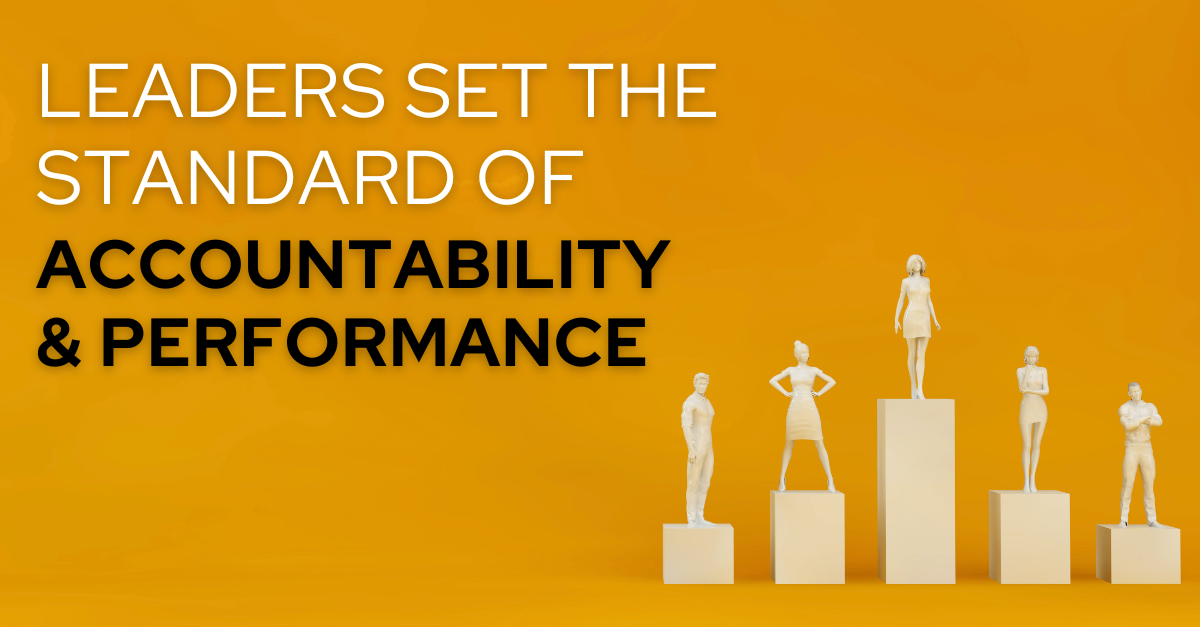The holiday season is a natural reflection point for many people that reminds us to count our blessings and express our gratitude more freely. However, others may not perceive us as being very grateful if our kind words and gestures are prompted by a season.
Regularly practicing gratitude through journaling or meditating on the positive aspects of your life has been shown to improve physical and mental health, make you happier, and enhance your relationships. However, those in leadership positions have even more reasons to routinely express gratitude to those they lead.
Why Leaders Should Show Gratitude Regularly
Expressing gratitude is one of the best retention tools for leaders. Unfortunately, only one in three employees receive enough recognition. The other two thirds are twice as likely to say they’ll quit in the next year, which may partially explain the Great Resignation we are experiencing.
When teaching a group of managers about the critically important leadership behavior of recognizing employees’ effort and good work, at least one manager invariably will ask, “Why would I thank employees for simply doing their job?” Here’s why: behavior that gets praised gets repeated.
When we are praised, our brains release a chemical called dopamine, which improves mood, decision-making, memory, and focus. In a sense, everyone is addicted to dopamine because it feels so good that we are inclined to continue doing whatever will give us our next dopamine hit. For instance, when a manager thanks an employee for taking the initiative, the employee’s dopamine addiction makes it more likely that they will take the initiative again to earn another hit. One study even showed that employees were 50% more productive when their managers began the day by thanking them for their effort. On the flipside, when employees don’t get enough dopamine from positive behaviors, they turn their attention to less productive activities for their dopamine fix, such as counting their “likes” on Instagram.
Effective leaders know that if they want their people to continue working hard and producing results, they must recognize good behavior whenever they see it and express their appreciation. If you don’t thank people for their contributions, you’ll breed resentment, and they’ll stop contributing.
When the pandemic hit, an employee at an oil and gas company stepped in to broadcast his company’s monthly town hall meetings. Nobody asked him to do it; he was just a Zoom super user and could do it, so he did. After a couple of months, he noticed that nobody in management acknowledged or thanked him for doing so. He wasn’t looking for a pat on the back, but he began to feel resentful, thinking, “Why am I doing this if nobody cares?” Your employees will feel the same if they are being helpful when they don’t have to be, but nobody acknowledges it.
Employees’ performance isn’t suffering from receiving too much gratitude from their employers, but it certainly is from receiving too little.
How To Make Gratitude A Leadership Strategy
- Be Specific. Managers who run around saying “good job” may be doing more harm than good if employees don’t know which behavior to continue.
- Recognize Behavior and Impact. After thanking employees for the specific behavior you want to see repeated, highlight the positive impact the behavior made on other people or the organization.
- Schedule It. One-on-one meetings are a critical accountability tool and a perfect time to acknowledge the positive things employees did the previous week and thank them for it.
- Praise Teams. Managers who recognize team accomplishments in addition to individual efforts reduce internal rivalries and improve collaboration.
- Thank Often. Praise has a short shelf life. We need a regular stream of positive reinforcement to keep us focused on what matters most and to keep the dopamine flowing.
- Align Recognition with Values and Mission. Whenever possible, tie recognition to living the organization’s values and achieving its mission.
- The CEO Should be the Chief Gratitude Officer. Gallup found that the most memorable praise comes from an employee’s direct manager, followed closely by praise from the CEO.
- Rarely Give Money. Money can cheapen the experience. Make expressing gratitude about appreciating effort and contributions, not a transaction.
- Write a Note. Handwritten notes are often the most meaningful and memorable.
- Be Genuine. Of course, make it authentic and honest. People’s internal radar is finely tuned to detect forced gratitude.
Adapted from the original article published November 24, 2021 in Fortune magazine.





